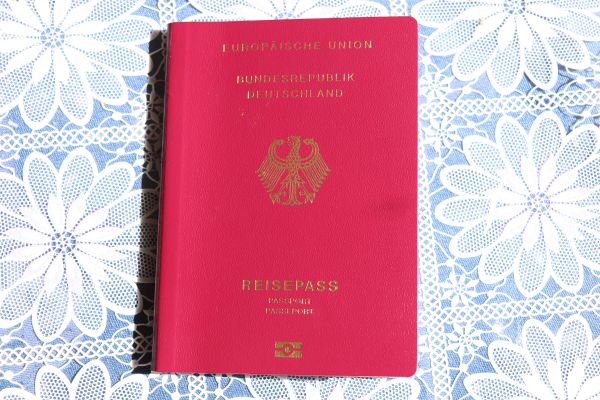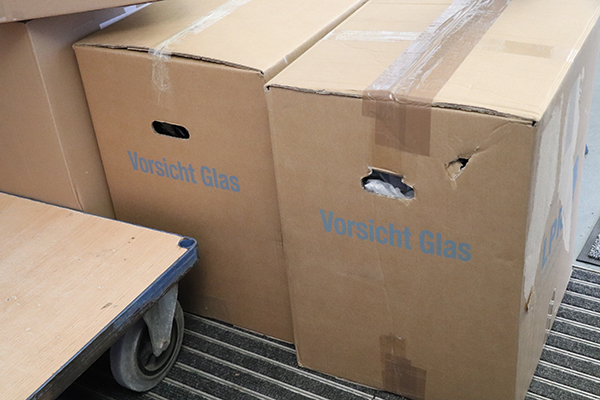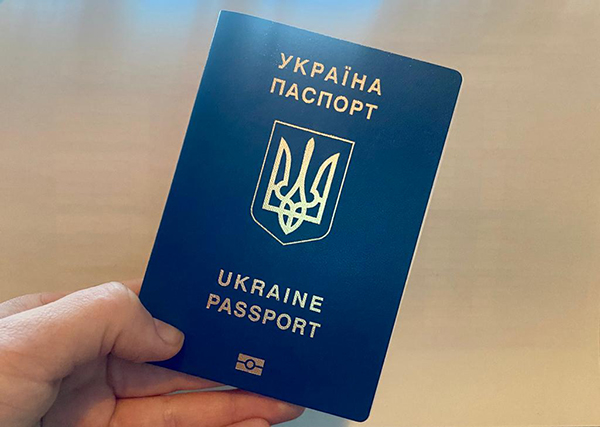Only 2.5 per cent of all persons who fulfil the necessary requirements actually naturalise in Germany and thus acquire German citizenship. This fact is lamented by the Expert Council on Integration and Migration (SVR) in its current Annual Report 2021. The naturalisation rate in Germany is hereby significantly lower than in most other European countries. It is comparably low only in the Czech Republic, Austria, Denmark and Lithuania.
The SVR therefore recommends, among other things, a “turbo naturalisation”: This should be made possible after only four years of residence for persons “who are particularly well integrated economically and socially, speak German very well and have clearly shifted their centre of life to Germany”.
The SVR also notes that many people do not even know that they can naturalise. In order to increase naturalisation rates, the SVR suggests “targeted advertising for naturalisation and informing those entitled to naturalisation about their options and the advantages of naturalisation”.
People from non-EU countries would often have to give up their previous nationality when naturalising. But many reject this because they feel they belong to both countries. However, allowing dual citizenship in principle is controversial in Germany. The SVR therefore proposes the “dual passport with generation cut”: According to this model, dual citizenship would be accepted for one or two generations, but could then no longer be passed on to descendants.
The SVR’s report contains figures for 2019 showing how the naturalisation figures differ depending on the country of origin: for example, of those entitled, almost 20% from Syria had themselves naturalised, 15.5% from Iran, 12.8% from Afghanistan, but only 5% from Ukraine, 3% from Kosovo and 1.2% from Turkey.
The German Council of Experts on Integration and Migration (SVR) is an independent expert body that advises policymakers and provides factual information to the public. To the full report: SVR_Jahresgutachten_2021.pdf (svr-migration.de)
tun21051104
Ein deutscher Reisepass. Foto: tünews INTERNATIONAL / Mostafa Elyasian.
Latest information on Corona: Click here




